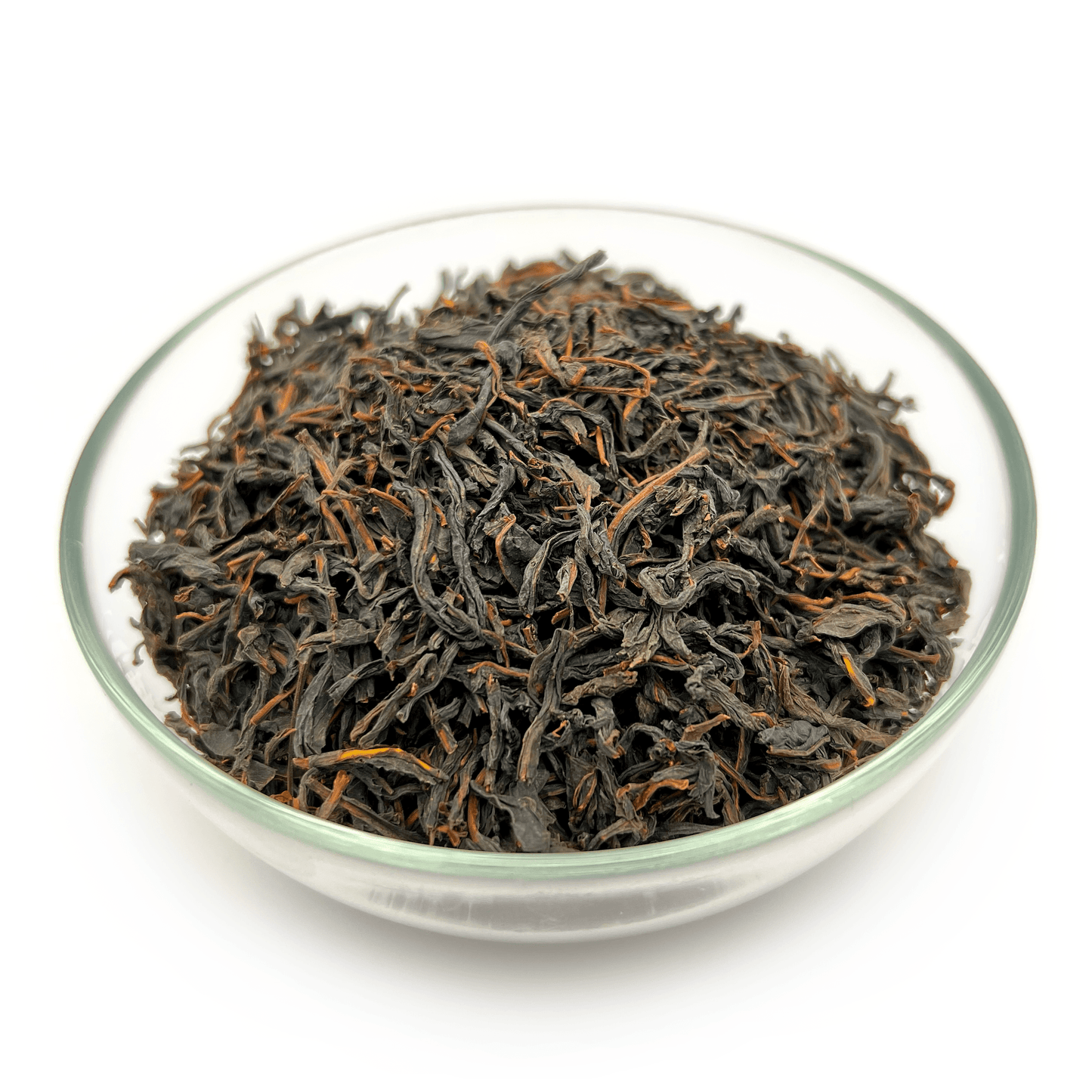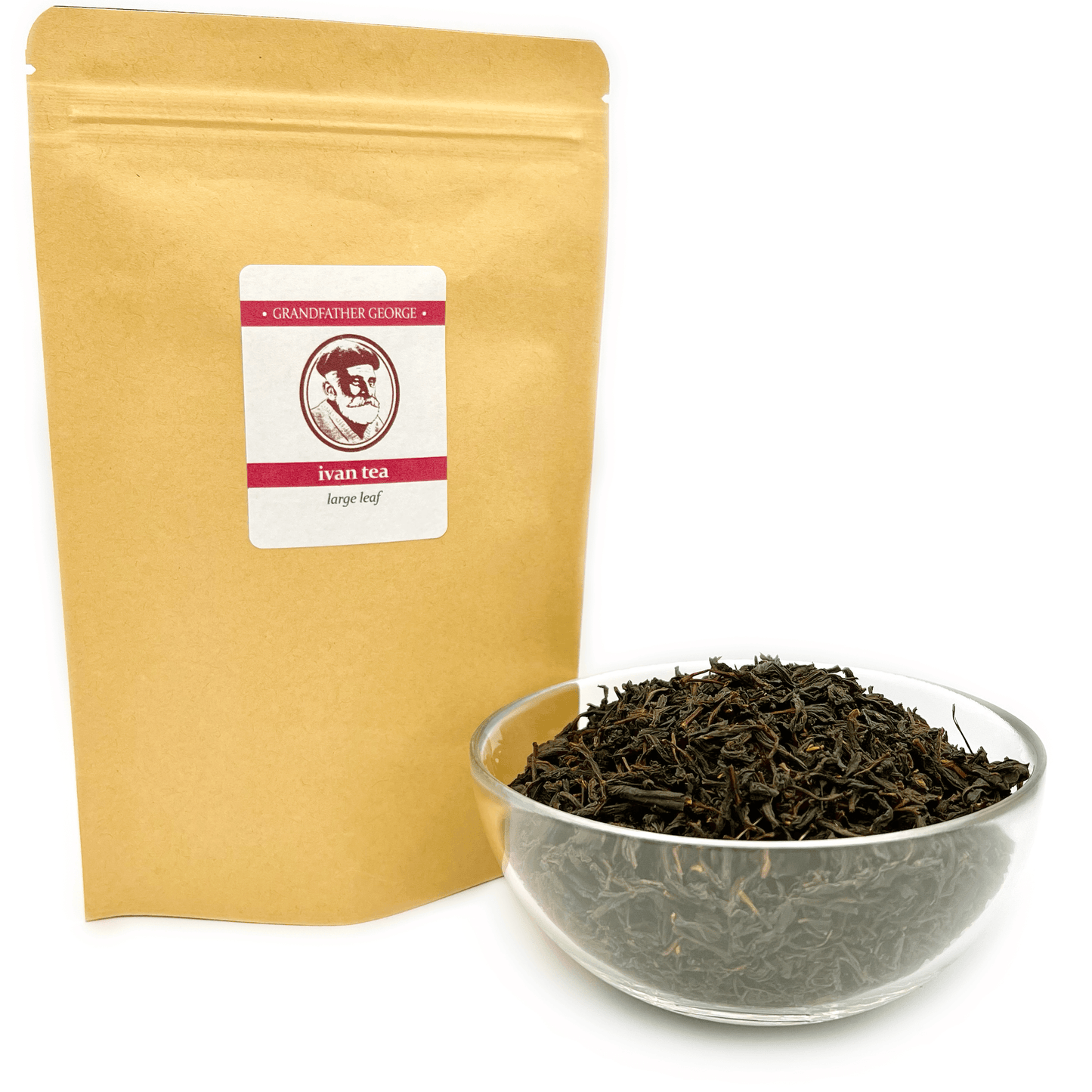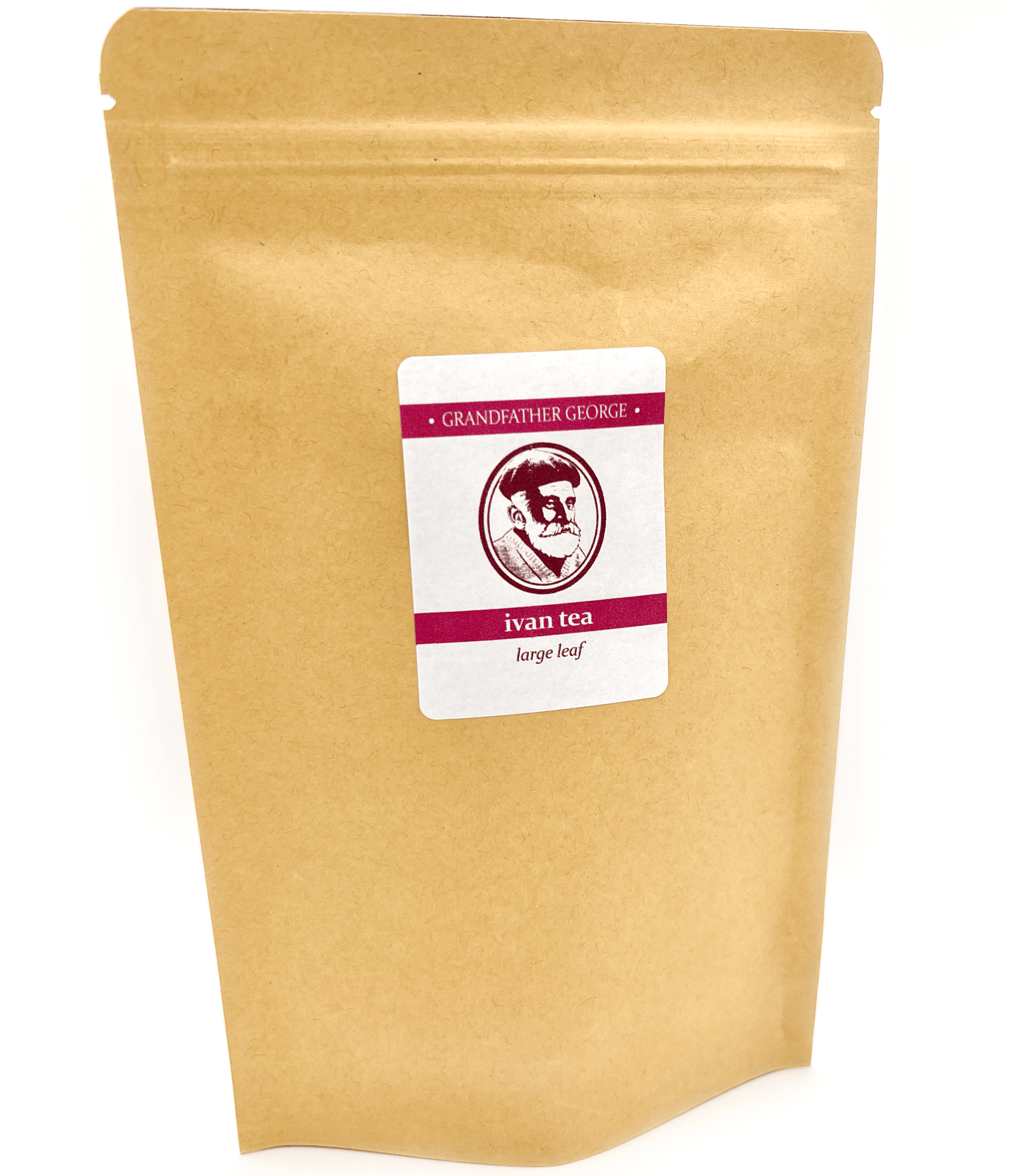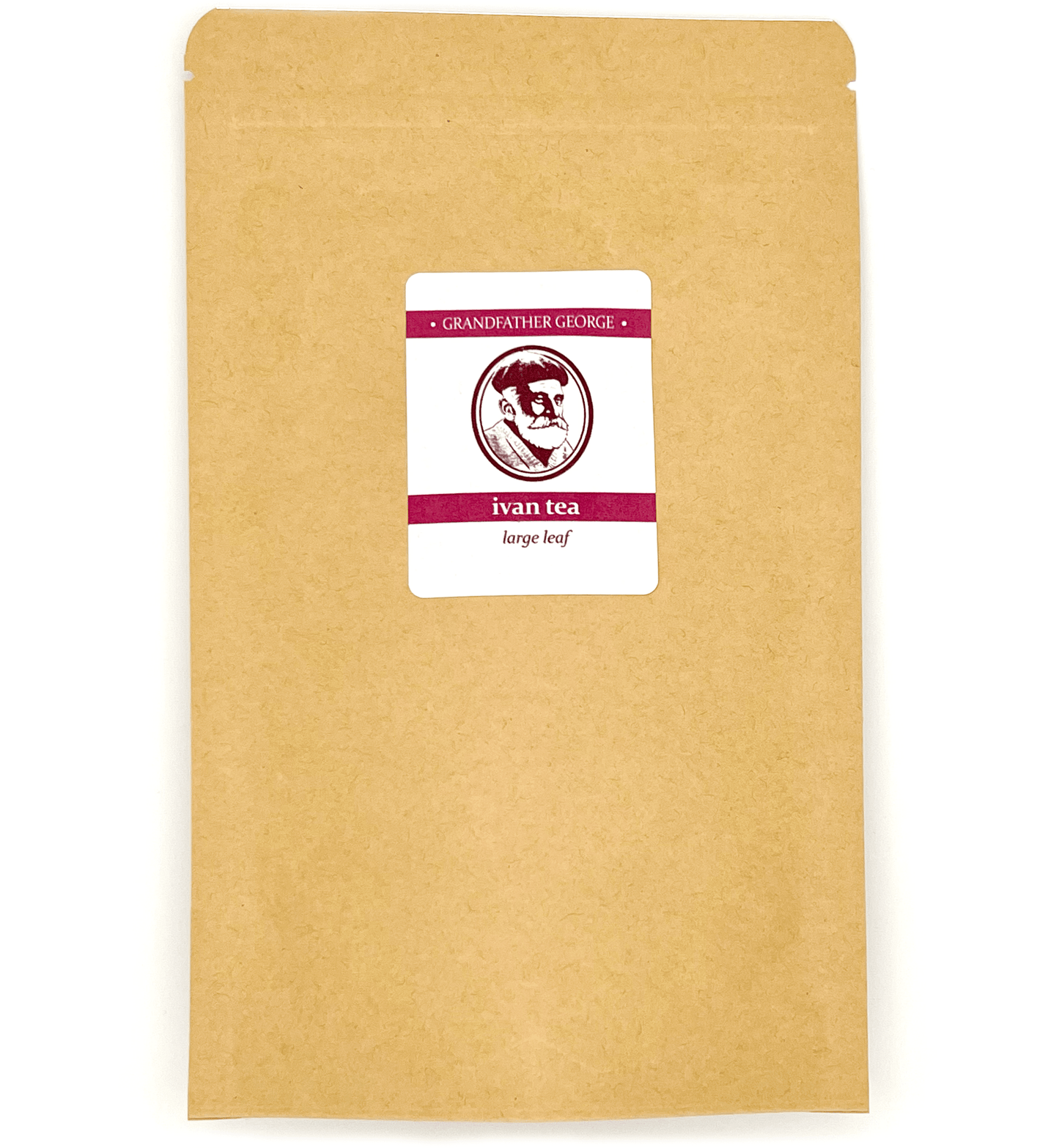Different names for Ivan tea in various regions
It turns out that Ivan-tea can be used not only to make a good hot drink. Strong wine is made from the rhizomes of this plant. Hence one of the names - "vinograd" (wine weed).
The rhizomes of fireweed can quench thirst and alleviate hunger. Additionally, they can add sweetness to plain dishes. This property gave rise to another folk name for Ivan-tea - "khlebnitsa" and "melnik." Dried and ground roots were added to flour for baking bread, resulting in a sweetish product even without sugar, which was expensive at that time.
Since the leaves of the plant have a unique taste, they can be used to make salads. This property led to another name for Ivan-tea - "petrushka's apple."
Rural residents also noticed the physical properties of the plant:
- Due to the squeaking sound that occurs when trying to pull the plant out of the ground, it was called "skripun" and "plakun."
- Due to the similarity of the leaves to those of other trees, Ivan-tea is also called "verba-trava" and "iva-trava."
- Fireweed is the first plant to appear in burnt areas. So another name for this herb is "ognennaya" and "pozharnik."
People have learned to use Ivan-tea for household purposes as well. For example, fibers were made from its stems, which were used to make ropes and fabrics. There is evidence that in 1769, a method was known for making items from Ivan-tea fluff. At that time, the wife of P. Rychkov came to the Free Economic Society with a cap and a small canvas made from fibers based on fireweed, hence the name "wild flax" and "wild hemp" for Ivan-tea. With her action, the woman tried to draw the attention of industrialists to the fact that they had economical and accessible raw materials for making fabrics right under their noses, without the need to import cotton from abroad. However, her efforts were in vain.
The fluff on the seeds of fireweed also found its application. It was used to stuff pillows and mattresses. Moreover, it was used to make cotton wool. This is how it earned the name "pukhovik."
The close connection with the healing properties prompted people to give another name to Ivan-tea - "Borovoe zelye" (Pine infusion). This name originated because infusions from the leaves of fireweed helped to get rid of severe headaches.
The origin of the name "babiy chai" (granny's tea) refers to the traditional way of life: the leaves of fireweed were mainly collected by peasant women together with older children.
Legends about Ivan tea
The most famous name of the plant is Ivan-tea. Why it is called that is unknown for sure, but the people have come up with several poetic versions of the origin of this name.
One legend tells of a healer and warrior named Ivan. The locals loved him because he never refused anyone help, could cure any disease, and stood up for the weak. When enemies attacked his native village, he stood in the front lines to fight. The locals won, but the price of success was burned houses and Ivan's death. He was buried at the site of the fire in a shirt stained red with blood. The next spring, a tall, strong plant appeared at this place, ending with red inflorescences. The villagers decided: "Tea, Ivan does not leave us - will protect, any illness will be taken away." So it happened that the herb was named in his honor.
Another legend speaks of another Ivan - a lover of long walks in the forest alone. The distinctive feature of his appearance was a bright red shirt. Seeing a red spot in the distance, the villagers would say, "Well, that's Ivan, tea, walking!" It so happened that Ivan disappeared, and the local residents, busy working in the fields, did not notice. When their gaze fell on the edge of the forest, they saw the red heads of tall flowers and mistook them for the guy's shirt. That's how the plant got its name.
The third legend originates from Great Britain. In the 17th century, this country bought Russian tea by the tons. Apparently, the English considered the name "Ivan" the most common in Russia. It was perceived as a generalized designation for any Russian person. So the drink was named "Ivanov chai." Now this plant is called willow herb, which corresponds to one of the local Russian names - "iva-trava."
The multifaceted properties and uses of fireweed have given rise to many names and versions of their origin. This is a symbol of the people's respect for this plant and its value.






